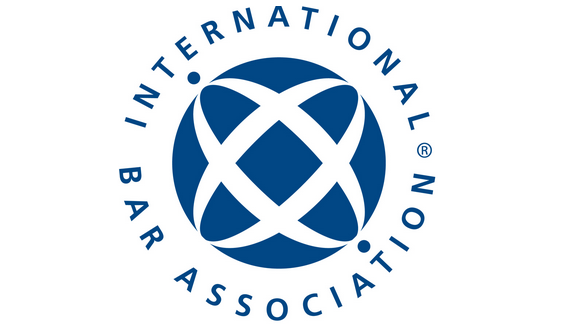In the vibrant world of advertising, Decree-Law 330/90 of 23 October takes center stage, outlining the ethical and legal standards that campaigns must meet in order to guarantee not only transparency, but also the safeguarding of consumer interests.
This law establishes strict criteria, requiring advertising campaigns to be truthful, clear and not harmful. The aim is to prevent misleading practices and ensure that advertising promotes a fair and healthy environment.
Recently, a viral campaign by a multinational furniture company satirically addressed “Operation Influencer“, generating an intense debate on social media: is this advertising legal?
According to the aforementioned decree-law, advertising is prohibited when it violates fundamental values and institutions enshrined in the constitution. Practices that disparage national symbols, encourage violence, offend against human dignity or promote discrimination are forbidden.
The campaign in question, by not offending institutions, encouraging illegal activities or promoting political ideas, does not seem to violate the principles laid down in Decree-Law 330/90, 23/10, which apparently makes it a campaign within legal limits.
However, it is crucial to stress that advertising creativity must be exercised responsibly, avoiding behaviors that are harmful to the environment and respecting society’s ethical and social values. So, although it can be considered legal, the assessment of the ethical suitability of this campaign remains open, reflecting the constant tension between freedom of expression and the limits of advertising ethics.













